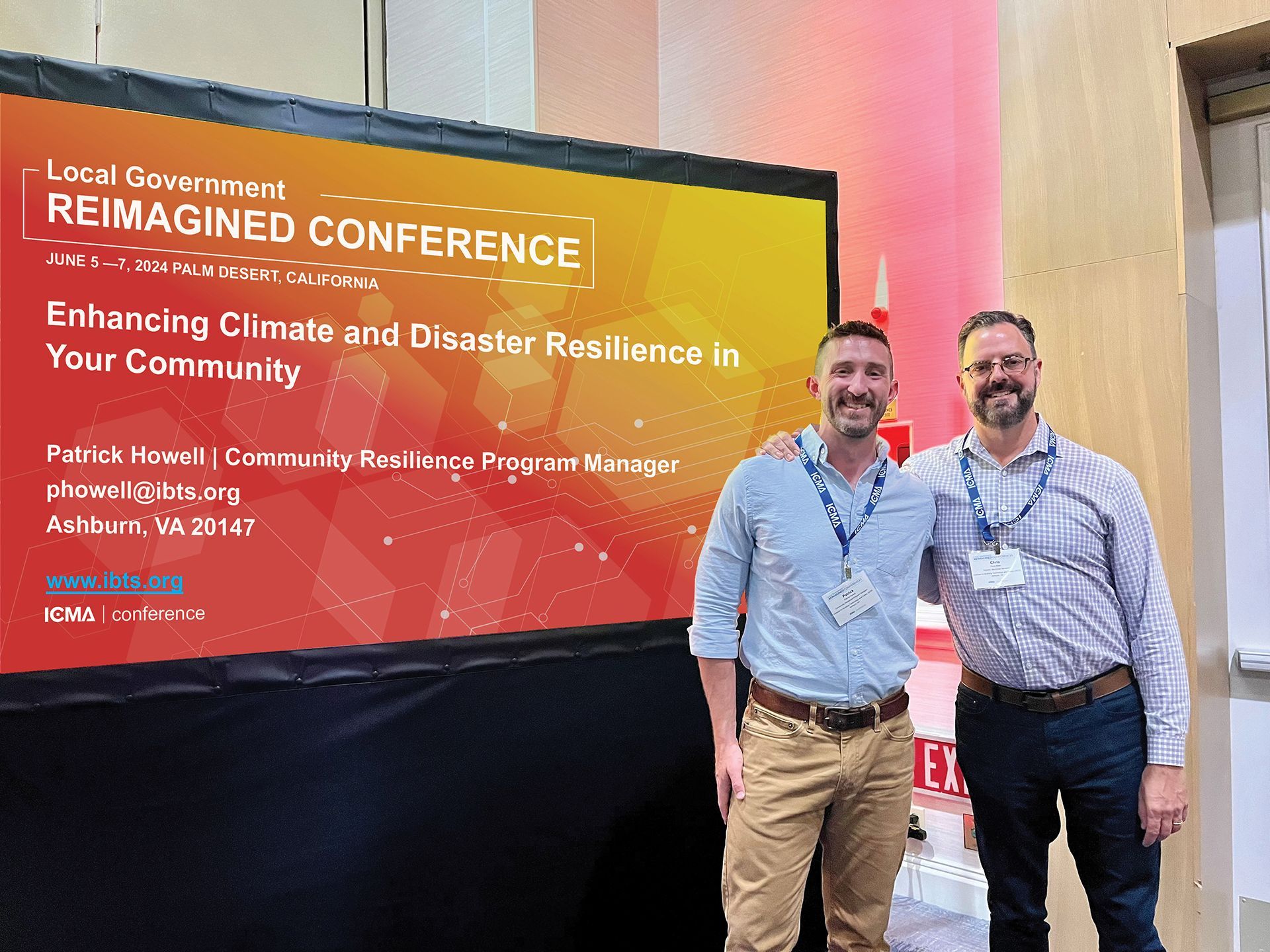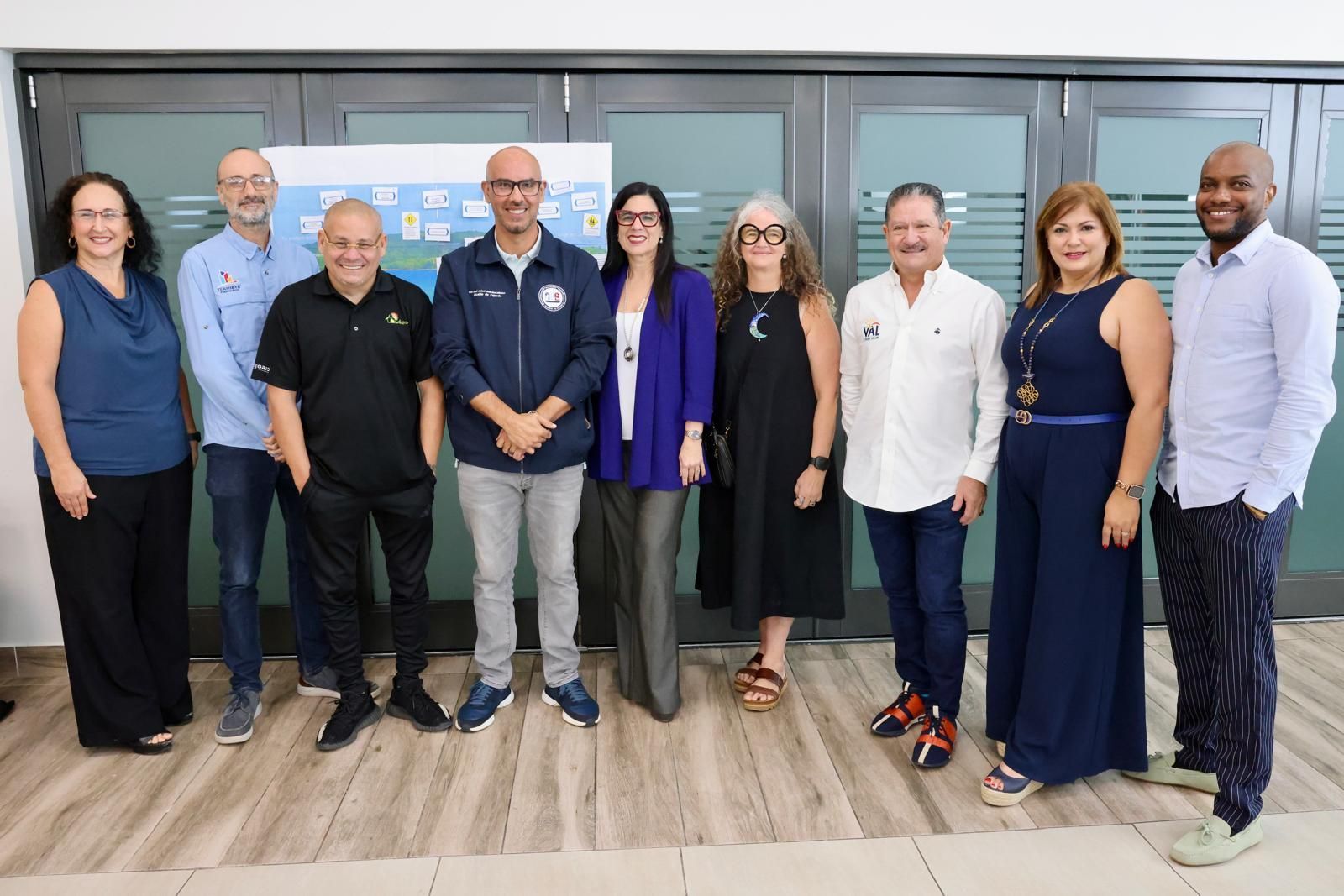January 29, 2026
Fajardo, Puerto Rico – January 27, 2026 ---With the goal of strengthening the local economic development ecosystem in Puerto Rico’s eastern region, the Institute for Building Technology and Safety (IBTS) hosted “Sembrando Oportunidades: Regional Economic Development Forum,” an initiative designed to identify strategic assets, promote cross-sector collaboration, and expand access to support tools for entrepreneurs, microbusinesses, and small and medium-sized enterprises (SMEs). The event, held at the Fajardo Multi-Purpose Center, was open to community organizations, nonprofits, government agencies, cooperatives, private-sector businesses, and the general public. Participants engaged in dialogue, networking, and collaborative action aimed at advancing a more inclusive and sustainable economic development model for eastern Puerto Rico. This initiative is part of a grant awarded to IBTS through the U.S. Department of Agriculture (USDA) Rural Development Program , which supports regional planning efforts, the strengthening of intersectoral support networks, and local economic development in rural communities. As part of its mission, IBTS works closely with communities and grassroots organizations to build skills that foster local entrepreneurship. The organization helps participants better understand the requirements of business projects and SMEs, including key tools such as strategic planning, business plan development, and networking. IBTS also supports municipalities in promoting ordinances and public policies that facilitate entrepreneurship and respond to local economic realities. In particular, IBTS has focused its efforts on the eastern region, impacting municipalities such as Ceiba, Naguabo, and Fajardo. “At IBTS, we believe sustainable economic development begins when people are connected to useful information, practical tools, and real support networks”, said Agnes Crespo, Esq., Executive Director of IBTS Puerto Rico . “Sembrando Oportunidades aims to be a turning point so more entrepreneurs and SMEs can grow with direction, structure, and access to concrete opportunities. This forum is an invitation to align capacities, join efforts, and build community-driven solutions that directly impact quality of life and economic resilience in our eastern region”, she added. Event agenda highlights included: · Presentation of key socioeconomic and business ecosystem data relevant to the region. · A participatory data validation exercise integrating collected data with local knowledge and lived experience. · A roundtable discussion with eastern-region businesses and entrepreneurs, highlighting challenges, lessons learned, opportunities, and best practices. · An open forum focused on collaborative strategies and actions for regional economic development. The event, is a collaborative effort with the Municipality of Fajardo to further strengthen regional economic development efforts to generate entrepreneurship-driven ideas, share findings from the survey conducted with local entrepreneurs, and propose practical solutions for business owners. In anticipation of a newly announced hotel development in the Fajardo area, the program also aims to train and strengthen a network of local suppliers by connecting eastern-region entrepreneurs and SMEs with opportunities to provide goods and services. This approach seeks to amplify the regional economic impact of growth and ensure broader participation in new economic opportunities. In addition to its experience managing federal disaster recovery funds and implementing renewable energy initiatives, IBTS has incorporated a renewed focus in its 2026 agenda on supporting communities and municipal governments to foster microenterprise and SME development as key drivers of regional economic growth. Participating organizations that provided guidance, resources, and presentations included: · Consorcio del Noreste · SBDTC Eastern Region · PECES · Vieques Air Link · Cooperativa Roosevelt Roads · Pathstone About IBTS: With a mission to strengthen communities, IBTS serves as a trusted advisor and partner to local, state, and federal governments in advancing economic development. Its services ensure the effective planning, implementation, and evaluation of renewable energy projects and federally funded energy and sustainability programs—optimizing performance, reducing risk, and promoting the efficient use of public funds. Beyond its expertise in solar quality assurance, IBTS’s Puerto Rico office provides services in federal fund management; disaster planning, mitigation, and recovery; municipal planning; and resilience strategies. As a nonprofit organization, IBTS is guided by a Board of Directors with representatives from the Council of State Governments (CSG) , International City/County Management Association (ICMA) , National Association of Counties (NACo) , National Governors Association (NGA) , and the National League of Cities (NLC) . For more information, visit www.ibts.org .






